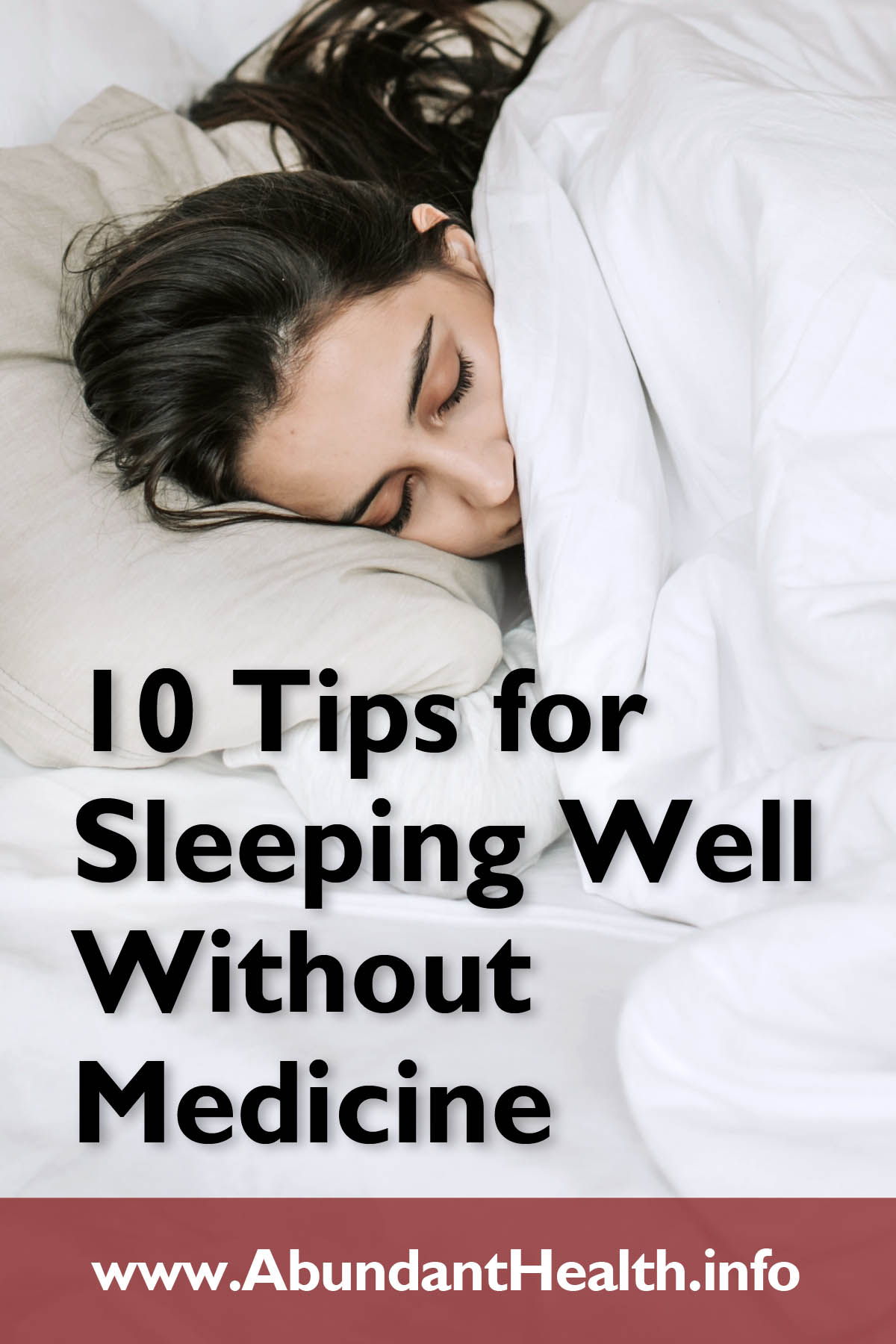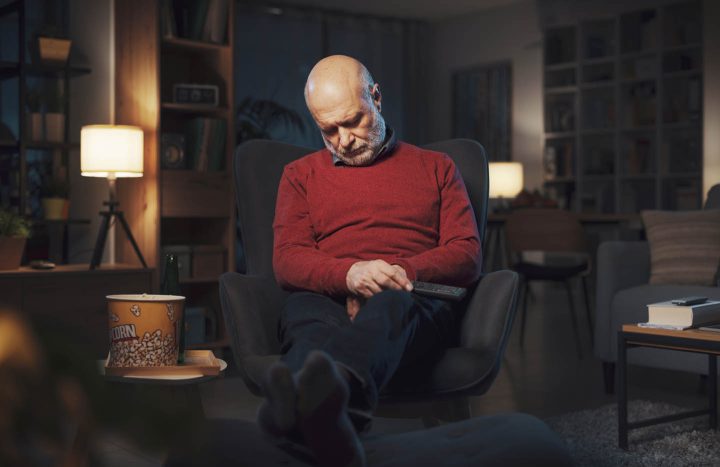Do you sleep well? Do you wake up rested? Do you have insomnia? Is sleep really important for our mental health? Let’s think for a moment about some important issues in relation to sleep.

Levels of cortisol, the hormone produced by the adrenal glands, are highest in the morning because it is important for our body to function during the day. When night comes, cortisol levels drop so that we can rest. And, opposed to cortisol, at the end of the day, when it gets dark, if the person remains in a dark environment when sleeping, the production of a neurohormone increases, which is melatonin.
Sleep is essential for proper rest of mind and body. Melatonin, then produced by the pineal gland in our brain, plays a fundamental role during sleep. Serotonin and melatonin alike are produced from an amino acid called tryptophan, obtained from foods such as nuts, legumes, bananas, brown rice, potatoes, beans, lentils, nuts, avocados, soybeans, and derivatives. Tryptophan is transformed into serotonin, and this turns into melatonin.
The concentration of serotonin is increased during the day in the pineal gland while there is light, contrary to what occurs with melatonin. When light enters our eyes and travels towards our retina, which is the back of the eyeball, the optic nerve and its connections carry this information to the pineal gland, inhibiting the production of melatonin. The peak of melatonin production occurs between two and three o’clock in the morning, with a normal lifestyle and a dark environment. The less melatonin there is, the worse your sleep will be, and consequently the more tired you will be.
Melatonin is an antioxidant, capable of crossing the blood brain barrier, being able to perform functions in brain cells, called neurons. As melatonin levels drop, there may be a simultaneous decline in brain function. Sleep disorders can also be one of the effects of decreased melatonin. As we age, the pineal gland starts to function less and there is a drop in melatonin production. This ends up causing some elderly patients to complain about their sleep quality or insomnia. However, they may easily fall asleep when they shouldn’t during the day, for example while watching TV.

Sleep is produced by specific brain activities. Certain bodily functions change during sleep. Blood pressure and heart rate decrease, growth hormone is secreted in stage 4 Sleep, called non-REM. Body temperature in the later stages of sleep also drops. Sleep is divided into two categories: REM (Rapid Eye Movement) sleep, and non-REM sleep. This non-REM sleep is classified into four phases. The majority of dreams occur during REM sleep and correspond to between 20% and 25% of total sleep.
Sleep specialists at Oxford University reported a study in which they chose four volunteers who tend to sleep deeply. They were hooked up to devices that track sleep quite accurately. They slept for 8 hours straight on the first three nights, when they didn’t have to go through any kind of interruption in that experiment. Over the next three nights, they slept only 4 hours, as their sleep was interrupted by the study team. The scientists filled out a questionnaire each day to identify any emotional changes and recorded daily videos of these participants in the scientific experiment.
Do you know the result? It was found that there was an increase in anxiety, depression and stress. There was also an increase in paranoia and a feeling of distrust towards other people. The scientists were amazed that after just three nights of sleep deprivation these symptoms appeared. Three of the four volunteers found the experience to be unpleasant, but one participant said he was unaffected and felt fine. However, in the questionnaires it was found that positive feelings decreased significantly after two nights of interrupted sleep, while negative feelings began to increase. In other words, although he said he was feeling well, there were signs that his mental health was beginning to suffer by having his sleep interrupted on three nights.

The research, considered the largest controlled study of psychological treatment for mental health, strongly suggests that insomnia can cause mental health problems, rather than insomnia simply being a consequence. Daniel Freeman, Professor of Clinical Psychology at Oxford University, who led the study, believes that one of the reasons sleep deprivation is so harmful to our brains is because it encourages repetitive negative thinking. He said: “We have more negative thoughts when we are sleep deprived, and what’s more, we get caught up in them.” He did not state, however, that a few nights of poor sleep mean that the person will develop a mental illness, but that the risk, in fact, increases. Sleeping well protects your mental health.
Do you want some tips to sleep better? So first, get just enough sleep to feel good. Staying in bed longer than necessary can lead to superficial sleep the following night. Second, avoid coffee, black tea, Cola soft drinks, and chocolate, as caffeine impairs sleep. What’s more: stop smoking, as nicotine can have a stimulating effect and disturb your sleep. Exercise daily, as it promotes muscle relaxation and contributes to better quality sleep. Seek treatment for sinusitis, rhinitis and asthma, as they can disrupt sleep, causing many nighttime wake ups. Another point that helps you sleep better is maintaining regular times for going to bed and getting up, as this helps maintain the regularity of your biological rhythm.
Avoid heavy meals at night. It is best to have your last meal two hours before going to bed. It is also important to avoid watching TV in the bedroom. I know a lot of people do it, but it’s best to avoid it. Sounds, light and temperature can interfere with sleep quality. Your body needs a pleasant temperature, quiet and dark environment for good sleep. The best time to produce restful sleep is between nine in the evening and six in the morning. And one last thing: only use sleeping pills under medical advice. I hope you have a good sleep today!

Stay Always Up to Date
Sign up to our newsletter and stay always informed with news and tips around your health.

Dr. Cesar Vasconcellos de Souza is working as a psychiatrist and international speaker. He is author of 3 books, columnist of the health magazine “Vida e Saúde” for 25 years, and has a regular program on the “Novo Tempo” TV channel.
Leave a Reply